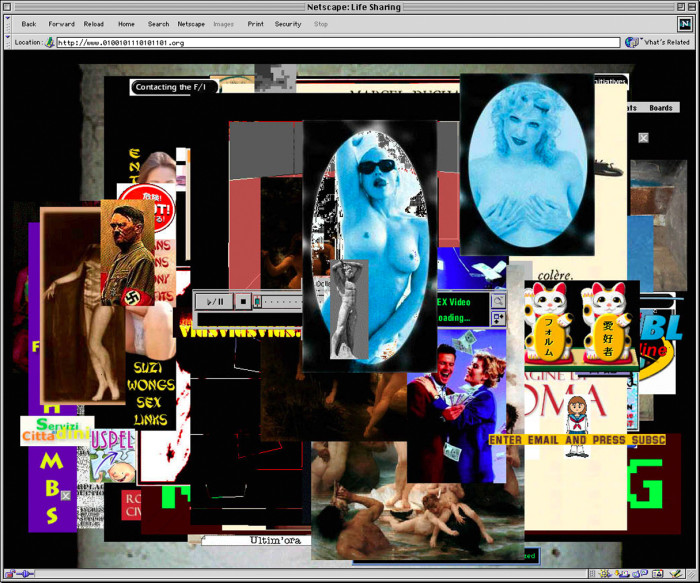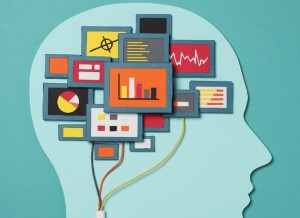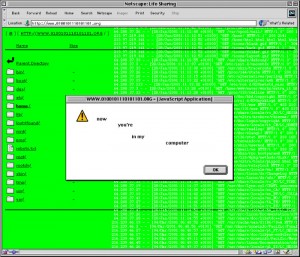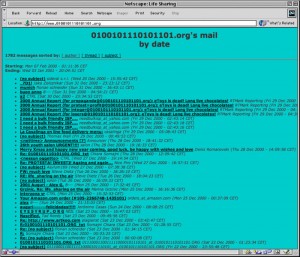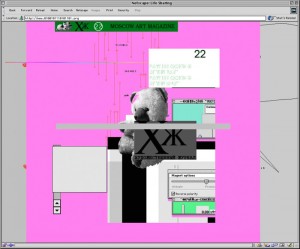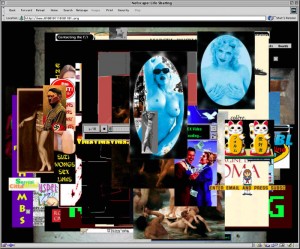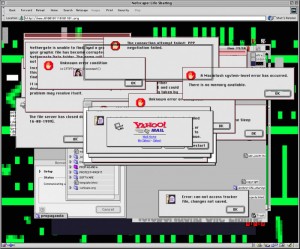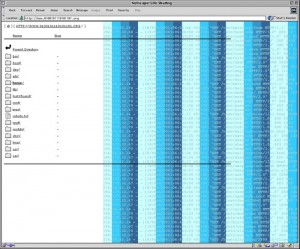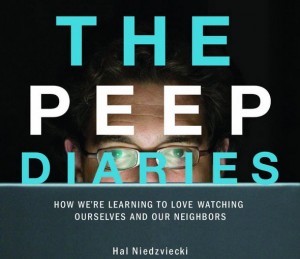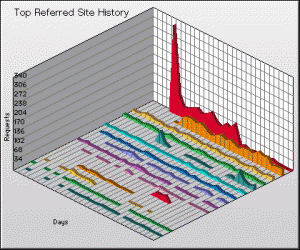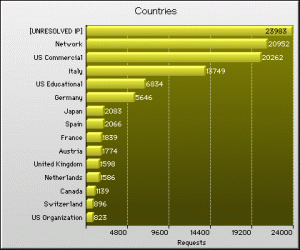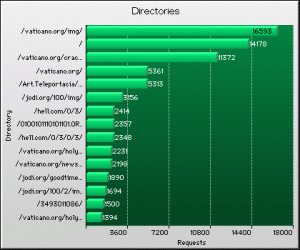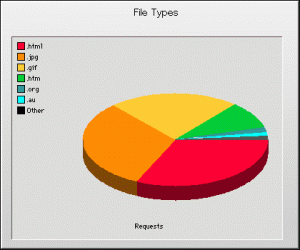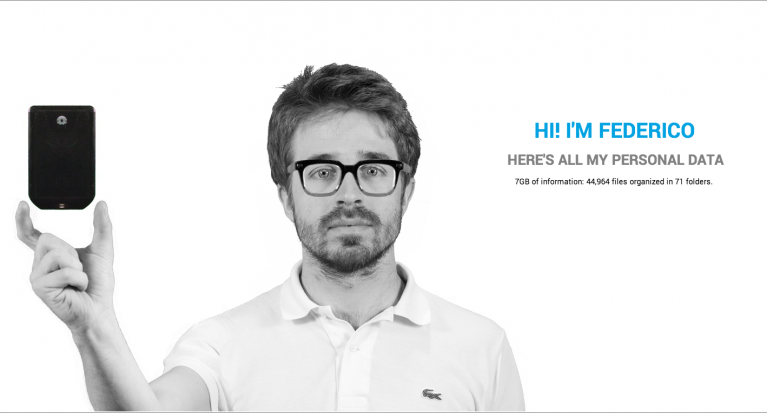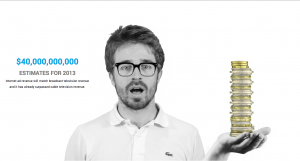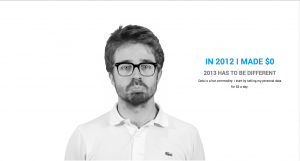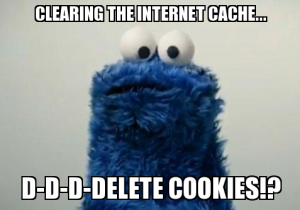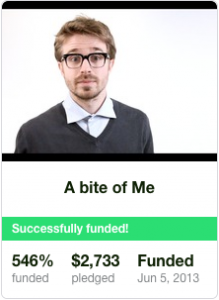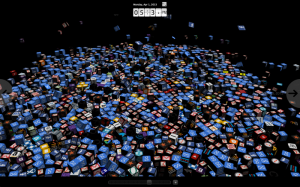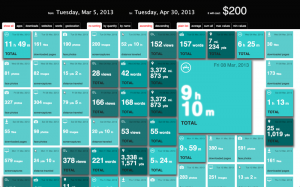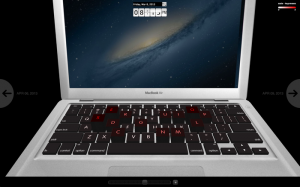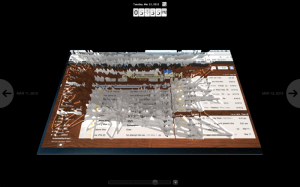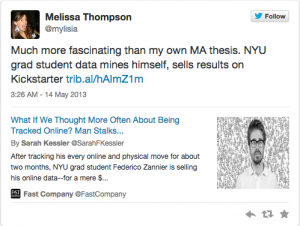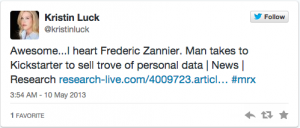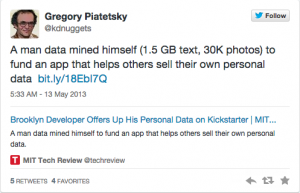For ordinary people like you and me, the thought of someone else (quite possibly a hacker) looking through and copying or modifying our personal files is enough to make us cringe.
Why, exactly, is privacy important to us? There is no one simple answer to this
question, since people have a number of interests that may be harmed by invasions of
their privacy. In the day and age where there’s rampant use of smartphones, computers and technology in general, the type of data stored our gadgets can paint an almost complete picture of even the most private details of our private, personal lives. We share everything with our computer: our time, our space, our culture, our personal relationships, our memories, our ideas etc; we now carry a lot of our private and sensitive information around with us on a daily basis.
As a result of just how lonely and lost we feel, we’re increasingly willing to exchange privacy for the opportunity to have others notice us and pay attention to us. I also argue that abandoning your privacy isn’t necessarily a bad thing. In many ways, privacy benefits banks and corporations more than it benefits people.
– Niedzvicki on Privacy
As artists, we somehow feel need to guard and protect our intellectual property.
Not these artists though…
Image by Kyle Bean
“A computer, with the passing of time, ends up looking like its owner’s brain. It does it more and better than other more traditional media, e.g., diaries, notebooks, or, on a more abstract level, paintings and novels.”
– via Walkerart.org
Out of all these information that we keep, we can choose to share some our hard-disk files with other people; This process is called File-sharing. A couple who goes by 0100101110101101.ORG, Italian artists whose medium is the Internet, then decided they would do Life-sharing.
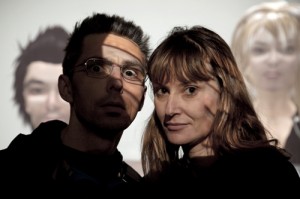

Title: Life Sharing
Artist(s): Eva and Franco Mattes aka 0100101110101101.org
Duration: 2000 – 2003
Media: Internet Webpages, Computer Hard Drives & Contents
Technology: Debian GNU/Linux, HTML, Javascript, Flash, Python
Life Sharing is a real-time digital self-portrait. Started in the year 2000 and active uninterruptedly until 2003, Life Sharing is 0100101110101101.ORG’s personal computer turned into a real time sharing system. Any visitor has free and unlimited access to all contents: texts, images, software, 01’s private mail. One can get lost in this huge data maze. Based on Linux, Life Sharing is a brand new concept of net architecture turning a website into a sheer personal media for complete digital transparency. Permanent infotainment pioneering the peer to peer mass diffusion. Privacy is stupid.
– Eva and Franco Mattes, Life Sharing, Artists’ Statement
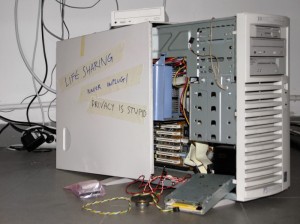
Enter two net “experimenters” that didn’t fit into traditional art spaces or existing categories; Eva and Franco Mattes. For them, living publicly online is their form of performance art in the digital age. Their personal and private lives became the subject of their public artwork.
This out-of-the-box piece, whose title is a play on the term “file sharing,” provides an exercise in transparency. It is an act of data exhibitionism as the artists that turns viewers into peeping toms. With that, they welcome you into their world and website by greeting you with the message: “Now you’re in my computer.”
Visitors to their Website are greeted by this message.
Except for a few sensitive files, like those that might allow the project to be erased, the machine’s contents — software, e-mails, even error messages — are accessible by anyone and everyone. Naturally, most people would be worried when the concept of someone else snooping on their personal files, not with the Mattes as thats is one of the points it is trying to bring up by removing the barriers between the public and their personal lives. The couple champion the open-source computing movement, which is based on freely available, communally developed software. Social network didn’t exist when the work began; thus freely sharing files was not common.
Their private e-mails shared in real time via their website.
Eva and Franco Mattes explains why they were so intrigued and willing to put themselves at risk of making themselves vulnerable to potential identity theft and other online violations in the name of art:
When net.art started, we were all blown away by the idea of having a sort of personal live channel accessible to anybody in which putting our things, but in the mid 90s, this was very abstract and rudimental — the Internet speed sucked. When we did Life Sharing and put all the contents of our home computer online and shared them with everybody, we were like cavemen trying to make art with bones and stones, stoned.
– Eva and Franco Mattes, on Life Sharing, Art 21 Interview
As open source and net art is more about the participation of the viewer and less about the work itself, I feel that they have managed to get people involved in their work and its amazing how given the platform to do whatever they wish with these data, people interact with this differently. Here are some screenshots of what people have done with their website:
This is open source living in the digital age. It’s making a political statement about ownership and commercialism. It’s not just about viewing. Not only can you see in, but you can use the plans yourself.
– Steve Dietz
Though Life Sharing was created in 2000 through to 2003 where social networking sites like Facebook, Youtube and Twitter did not exist yet, they were an early representation and exploration of what Peep Culture might become and how it would have manifested itself. The author of Peep Diaries, Hal Niedzviecki notes:
“We have entered the age of “peep culture”: a tell-all, show-all, know-all digital phenomenon that is dramatically altering notions of privacy, individuality, security, and even humanity. Peep culture is what happens when we entertain ourselves by watching real people do real things, as opposed to watching actors and performers pretend to do real things. Peep culture is YouTube, Twitter, Facebook, blogs, and Reality TV.”
– Niedzviecki on Peep Culture
Today, we’re getting used to the fact that our everyday lives are a potential source of entertainment for other people. An example of that would be vlogs, or Video Blogs, in which people videotape themselves going about their everyday lives and publish it online for people to watch. A quick search on Youtube would reveal plenty of vlogs uploaded by different people everyday. The funny thing is, the internet culture has become accustomed to watching people. Even for those of us who just watch, there are consequences. We start to think of people’s lives and problems as just entertainment.
Watching the Watchers:
Eva and Franco Mattes also collected data on people who were watching them; their referred site history, countries of origin, directories and file types. I personally think these data visualisations are pretty darn awesome.
”This is the beauty of a computer. It’s not the colors or the flashy stuff. It’s the functionality. How data goes from one point to another, how software interacts, even the bugs: this is the real Net art.”
– Renato Pasopiani, via New York Times Press
As the Life Sharing artpiece was so successful, the artists wanted to further magnify the impact of infringing their personal lives. They then set out to create Vopos, which is a sequel to Life sharing and is a project in which the artists wore Global Positioning System (GPS) transmitters to track their whereabouts, mapping their location on their Web site in real time. The artists also patched their mobile phone conversations through their server so anyone could listen in.
They certainly know how to push the boundaries with their work!

